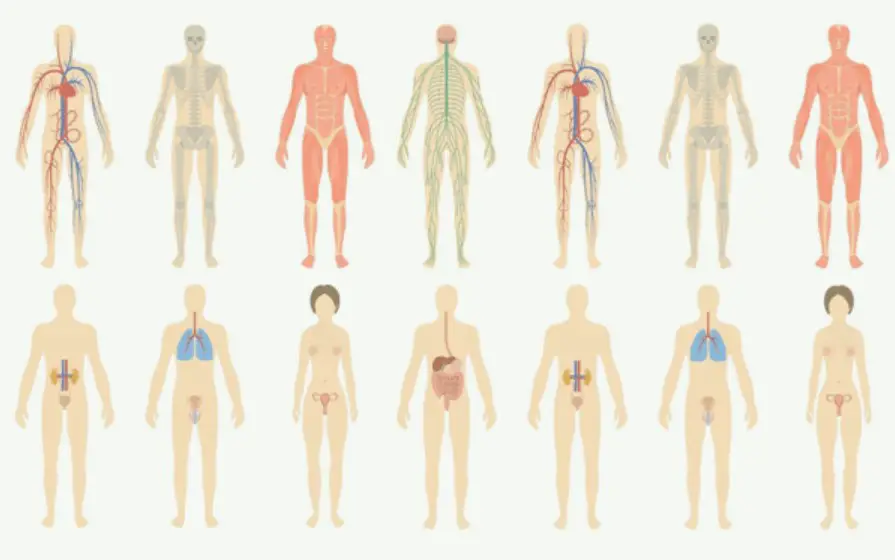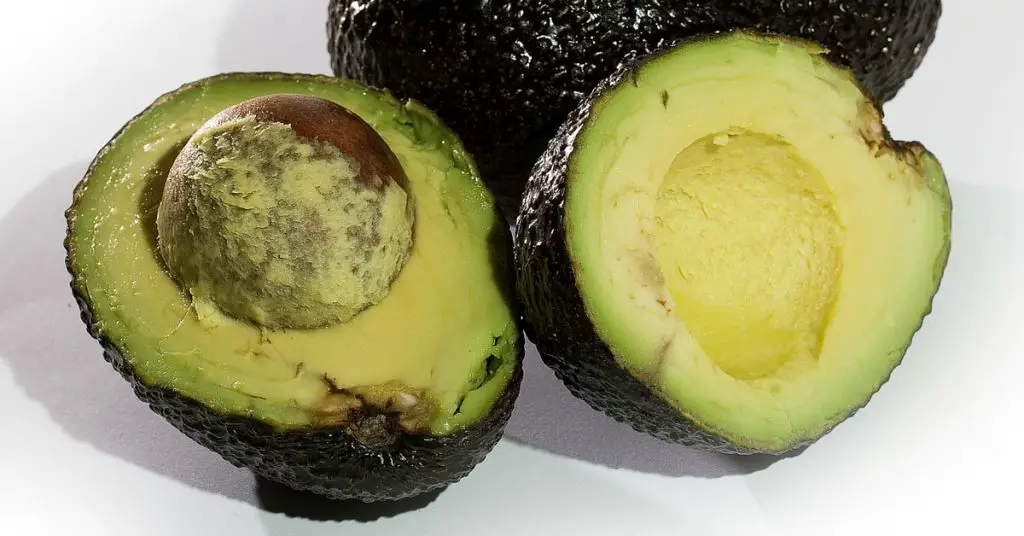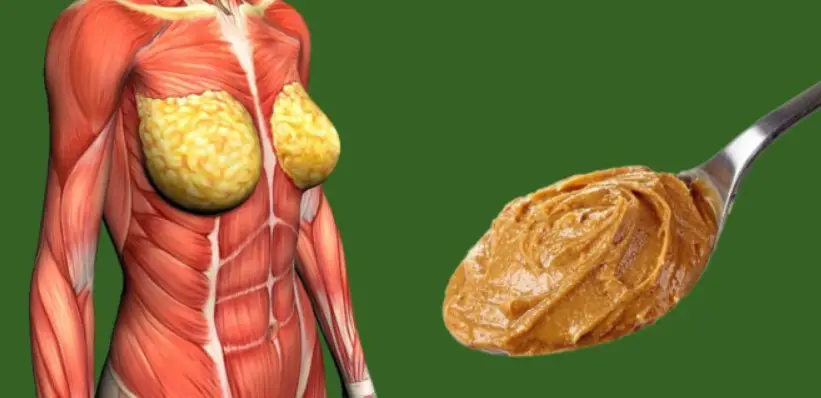According to a recent survey, the number of people who identify as vegetarian or vegan has increased significantly in the past decade. While some people make the switch for animal welfare reasons, others do it for their own health. And indeed, there are many benefits to be gained from eating more plants.
Numerous studies have shown that plant-based diets can help to improve heart health, reduce the risk of chronic diseases such as obesity and type 2 diabetes, and even increase energy levels. Among other things – some will reduce the number of pills they take.
If you’re thinking of making the switch to a plant-based diet, there are plenty of good reasons to do so. With so many benefits on offer, it’s no wonder that more and more people are choosing to go meat-free.
Еmphasis on the 7 most important things
Reduces inflammation in your body
The human body is a complex machine, and inflammation is one of its most important defense mechanisms. Inflammation occurs when the body’s white blood cells and chemicals are released into the bloodstream to protect the body from infection or injury.
However, when inflammation persists for months or years, it can become chronic and destructive. Chronic inflammation has been linked to a wide range of serious health conditions, including atherosclerosis, heart attacks, strokes, diabetes, and autoimmune diseases.
Many of the foods we eat every day can contribute to inflammation in the body. Processed meats, cheese, and refined carbohydrates are all common culprits. If you want to reduce your risk of these conditions, it’s important to limit your intake of inflammatory foods. That means eating more fruits, vegetables, and whole grains, and choosing leaner cuts of meat when you do eat meat.
On contrary, plant-based diets are naturally anti-inflammatory. This is because they are high in antioxidants, fiber, and other phytonutrients. They are also low in inflammatory triggers such as saturated fat and endotoxins (toxins formed by bacteria that can be found in animal foods). According to studies, people who follow a plant-based diet can dramatically reduce their C-reactive protein (CRP) levels. CRP is an indicator of inflammation in the body.
Reduce chances of getting type 2 diabetes
Type 2 diabetes is a serious health condition that affects millions of Americans. According to the Centers for Disease Control and Prevention (CDC), an estimated 38 percent of Americans have prediabetes—a precursor to type 2 diabetes. According to study after study, animal protein, particularly red and processed meat, raises the risk of type 2 diabetes.
Even after adjusting for variations in weight, omnivores have double the incidence of diabetes than vegans, according to a recent study.
What causes Type 2 diabetes? Animal fat, animal-based (heme) iron, and nitrate preservatives in meat have all been linked to damage to pancreatic cells, inflammation, weight gain, and insulin malfunction.
By eliminating animal products from your diet and eating a diet consisting only of whole plant foods, you will dramatically reduce your risk of getting type 2 diabetes. Whole grains are particularly beneficial when consumed, as they are highly protective against type 2 diabetes. You read that correctly: carbs really protect you from diabetes! A plant-based diet can also help you reduce or even reverse your diabetes if you’ve already been diagnosed.
Cholesterol levels will drop
Did you know that two of the leading killers in the United States are heart disease and strokes? A key risk factor for both of these diseases is elevated blood cholesterol. The major driver of our blood cholesterol levels is saturated fat, which is found primarily in animal products such as meat, poultry, cheese, and other animal products.
A plant-based diet has been found to help reduce cholesterol levels. Cholesterol levels decreased by up to 35% in people who switched to a plant-based diet.
Cholesterol-lowering medicines have been given to people with high cholesterol levels. However, these drugs come with a range of side effects, including fatigue, diarrhea, and muscle pain. Studies have shown that a plant-based diet can be just as effective as cholesterol-lowering drugs in reducing cholesterol levels.
In fact, a plant-based diet can often lead to greater reductions in cholesterol levels than drugs. What’s more, a plant-based diet has none of the negative side effects associated with cholesterol-lowering drugs. As such, it is an ideal way to reduce cholesterol levels and improve cardiovascular health.
You’ll give your microbiome a new look
The microbiome is the name given to all the trillions of microorganisms that reside in our bodies. These organisms are becoming increasingly recognized as essential to our general health.
They are also responsible for producing critical nutrients, training our immune systems, turning genes on and off, preserving gut tissue health, and assisting in cancer prevention. Gut flora helps us digest food not only by aiding nutrient absorption but also by helping us absorb B12 (which is exclusively absorbed via the stomach). Obesity and diabetes, as well as atherosclerosis, autoimmune disease, inflammatory bowel disease, and liver disease, are all linked to them.
Plant foods nourish and develop a healthy microbiome. Plant fiber encourages the formation of “friendly” bacteria in our intestines. Fiber-free diets, on the other hand, may encourage harmful bacteria to grow.
Gut bacteria produce a chemical that is transformed by the liver into a harmful substance called TMAO when omnivores consume choline or carnitine (found in meat, poultry, eggs,…), according to landmark research. TMAO causes new cholesterol clogs in our blood vessels and raises the risk of heart attack and stroke.
People who eat a plant-based diet, on the other hand, produce little or no TMAO following a meat-containing meal since their gut flora is different. Our gut bacterial patterns change very quickly, which is why we begin to feel better and look younger almost immediately after beginning a plant-based diet.
The microbiome is a complex and dynamic ecosystem, and scientists are only just beginning to understand all of the ways in which it affects our health. However, it is clear that the microbiome plays a vital role in keeping us healthy, and that we would be wise to take care of it. There are many ways to promote a healthy microbiome, including eating a diverse diet, taking probiotics, and avoiding antibiotics unless absolutely necessary. Given the central role that the microbiome plays in our health, we must do everything we can to ensure that ours is as healthy as possible.
You’ll receive the right amount and type of protein that you need
A plant-based diet can provide you with all the nutrients you need, including protein. Protein is an essential macronutrient that helps our bodies with cell growth and repair, and it can be found in both animal-based and plant-based foods. If you’re following a plant-based diet, you may be wondering if you’re getting enough protein.
In the United States, the average omnivore consumes more than 1.5 times the required amount of protein, most of it from animal sources. Contrary to popular belief, this excessive protein has no impact on our strength or weight loss. Excessive animal protein is also linked with weight gain, diabetes, inflammation, heart disease, and cancer as well. Whole plant foods, on the other hand, contain a high amount of protein, which helps to protect us against numerous chronic illnesses.
So, the good news is that as long as you’re eating a variety of plant-based proteins, you’ll likely receive the right amount and type of protein that you need. Common plant-based proteins include beans, lentils, tofu, tempeh, nuts, and seeds. These proteins are not only rich in protein, but they’re also packed with other essential nutrients like fiber, iron, and magnesium.
People who live in so-called “Blue Zones,” the longest-lived people on Earth, consume around 10% of their calories from protein, as opposed to the US average of 15 to 20 percent.
Striving to provide optimal genes
For years, scientists have known that genes are the building blocks of life, responsible for everything from our hair color to our risk of developing certain diseases. But what they didn’t know was that these genes can be turned on and off by environmental and lifestyle factors.
The most recent research has shown that a plant-based diet can have a major impact on gene expression. Antioxidants and other nutrients in plant foods can change gene expression to optimize how our cells repair damaged DNA.
A plant-based diet has been found in studies to decrease the activity of cancer genes in men with low-risk prostate cancer.
We have also discovered that a plant-based diet, as well as other lifestyle changes, may boost and lengthen our telomeres – these are caps at the end of chromosomes that assist to keep our DNA stable. Shorter telomeres are associated with aging and early death, which may explain why our cells and tissues age more slowly as a result of these changes.
This is a remarkable discovery that could have a profound impact on human health.
Making a significant impact on the health of our planet and its inhabitants as well
The animal agriculture industry is harming our planet by contributing to the rise in greenhouse gases. It’s also a major player behind deforestation, land-use conversion, and water consumption – not only does this affect humans but animals too! It’s extremely destructive. In the United States, just one pound of beef requires around 2,000 gallons of water to be produced. What is scary is that according to some forecasts, the world’s oceans may be fishless by 2050.
With most crops grown for feeding livestock, not hungry mouths across the world, there has been an increased risk that hunger will become even more prevalent than before.
What is very important and also vital to understand is that farm animals are sentient beings who suffer, whether they’re raised on industrial factory farms or on farms that have been labeled “humane“.
Having a plant-based diet helps us lead and promote a more compassionate life. After all, being healthy is more than just about what we put in our mouths; It’s also about our awareness of how our choices impact the planet and everyone else on it.
When we make choices that are good for our own health, we also help to create a healthier planet.







